Ethiopia's Tigray crisis: 'I lost my hand when a soldier tried to rape me
- Get link
- X
- Other Apps
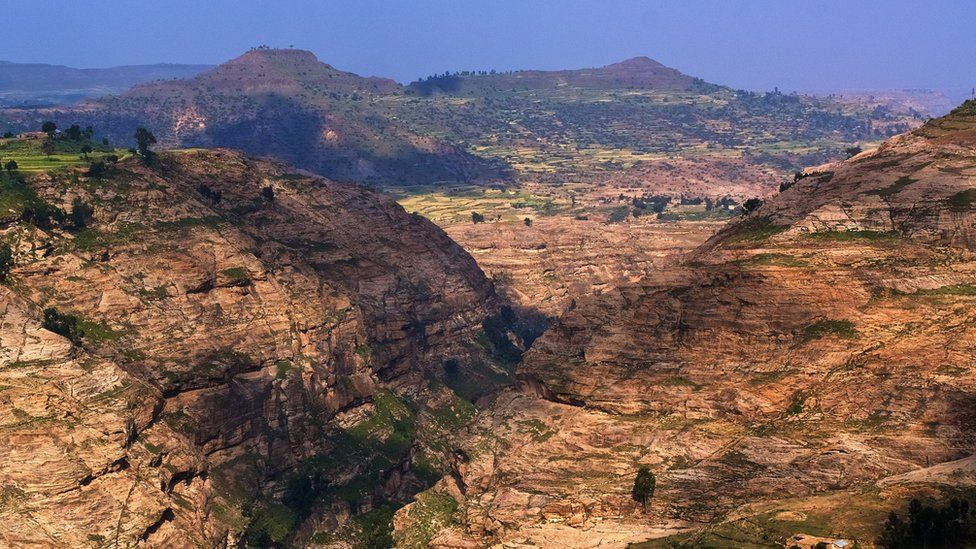 IMAGE COPYRIGHTGETTY IMAGES
IMAGE COPYRIGHTGETTY IMAGESOn 3 December, the teenager said that a soldier, dressed in an Ethiopian military uniform, entered their house demanding to know where the Tigrayan fighters were.
After searching the house and finding no-one, he ordered them to lie on a bed and began shooting all around him.
"He then ordered my grandfather to have sex with me. My grandfather got very angry and... they started fighting," she says.
The soldier, she says, took the old man outside and shot him in the shoulders and the thigh and then returned to her, saying that he had killed him.
"He said: 'No-one can save you now. Get your clothes off.' I begged him not to but he repeatedly punched me."
Their struggle continued for several minutes - though she felt disorientated from the blows - and in the end he became so angry that he turned the gun on her.
"He shot my right hand three times. He shot my leg three times. He left when he heard a gunshot from outside."
Thankfully her grandfather was still alive, though unconscious, and for two days they remained cowed and injured in their home too scared to seek help.
'No justice at all'
The teenager's account backs up concerns about alleged rapes in Tigray expressed by Pramila Patten, the UN envoy on sexual violence in conflict.
She said there were "disturbing reports of individuals allegedly forced to rape members of their own family, under threats of imminent violence.
"Some women have also reportedly been forced by military elements to have sex in exchange for basic commodities, while medical centres have indicated an increase in the demand for emergency contraception and testing for sexually transmitted infections, which is often an indicator of sexual violence in conflict."
Many women were raped in Mekelle. This is being done purposely to break the morale of the people, threaten them and make them give up the fight"

Three opposition parties in Tigray have said extra-judicial killings and gang rape had become "everyday practices", also citing the case of a father forced to rape his daughter at gunpoint.
A doctor and a member of a women rights group - both of whom wish to remain anonymous - told the BBC in January that between them they had registered at least 200 girls under the age of 18 at different hospital and health centres in Mekelle who said they had been raped.
Most of them said the perpetrators were wearing Ethiopian army uniforms - and afterwards they had been warned against seeking medical help.
"They have bruises. Some are even gang-raped. One was constrained and raped for a week. She doesn't even know herself. And there is no police, hence no justice at all," the doctor said.
The rights activist said: "We have also heard similar shocking stories of rape from other parts of Tigray. But because of transport issues we couldn't help them. It's so sad."



Another medic working at a hospital in Mekelle said that recently five or six women a day have been coming to hospital seeking anti-HIV medication and emergency contraception relating to alleged rapes.
Weyni Abraha, who is from the Tigray women's rights group Yikono (Enough) and was in Mekelle until the end of December, told the BBC that she believes rape is being used as a weapon in the war.
''Many women were raped in Mekelle. This is being done purposely to break the morale of the people, threaten them and make them give up the fight."
Our defence forces don't rape. They aren't bandits... government forces have ethics and rule of engagements"

Ethiopia's army chief Birhanu Jula Gelalcha has denied such accusations.
"Our defence forces don't rape. They aren't bandits. They are government forces. And government forces have ethics and rule of engagements," he told the BBC.
Atakilty Hailesilasse, Mekelle's newly appointed interim mayor, said the numbers cited by rights groups were grossly exaggerated.
The government recently sent a taskforce to Tigray to investigate the allegations further, including people from the women's and health ministries and the office of the attorney general, who have established rapes took place, though their full report is not yet out.
Last week the Ethiopian Human Rights Commission said 108 cases of rape had been reported over the last two months in the whole of Tigray, though it admitted "local structures such as police and health facilities where victims of sexual violence would normally turn to report such crimes are no longer in place".
'I wanted to be an engineer'
The BBC was contacted about the case of the Abiy Addi teenager by a doctor after he had amputated her hand.
She and her grandfather told him how they had been found two days after the attack by Eritrean soldiers who were searching the area - although both Ethiopia and Eritrea deny Eritrea's involvement in the Tigray conflict.
They said the Eritreans had tended to their wounds - and handed them over to Ethiopian troops who took them to Mekelle as the hospital in Abiy Addi was shut.

More on the Tigray conflict:

The grandfather has now recovered from his injuries, but his granddaughter still needs treatment following the amputation. Her right leg remains in plaster.
She spoke to the BBC from her hospital bed, weeping about her lost dreams.
In her last year of school before the war began, her ambition was to go to university to study engineering and embark on a career that would allow her to take care of her grandfather, who has raised her since her mother's death.
Her grandfather, at her bedside, soothed as she sobbed: "How will it be possible? I can't be what I thought I would be."
Related Topics
- Published
- 6 December 2020
- Published
- 10 December 2020
- Published
- 28 December 2020


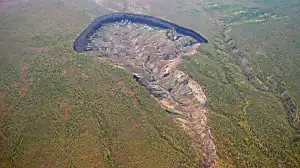





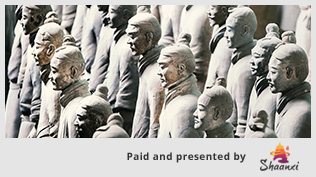

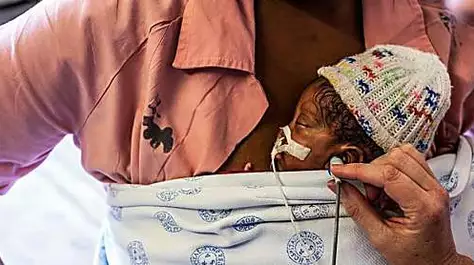
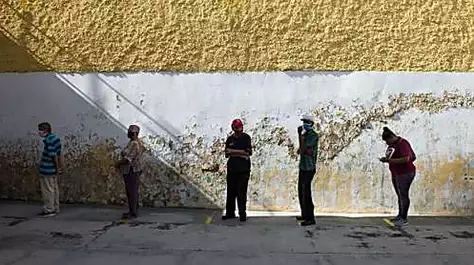
Comments
Post a Comment